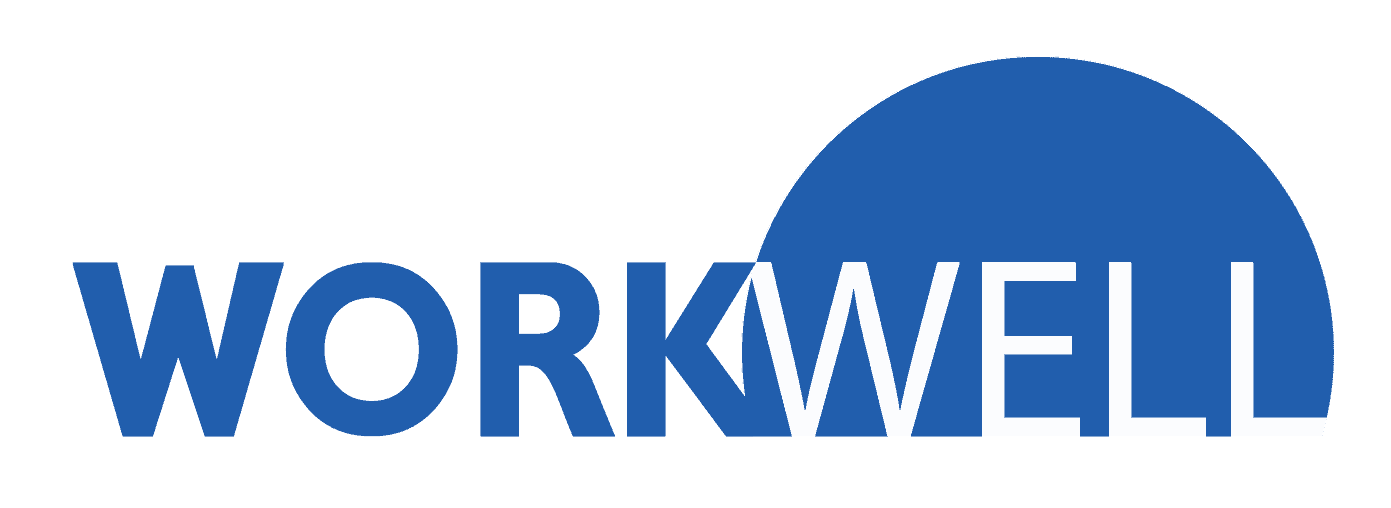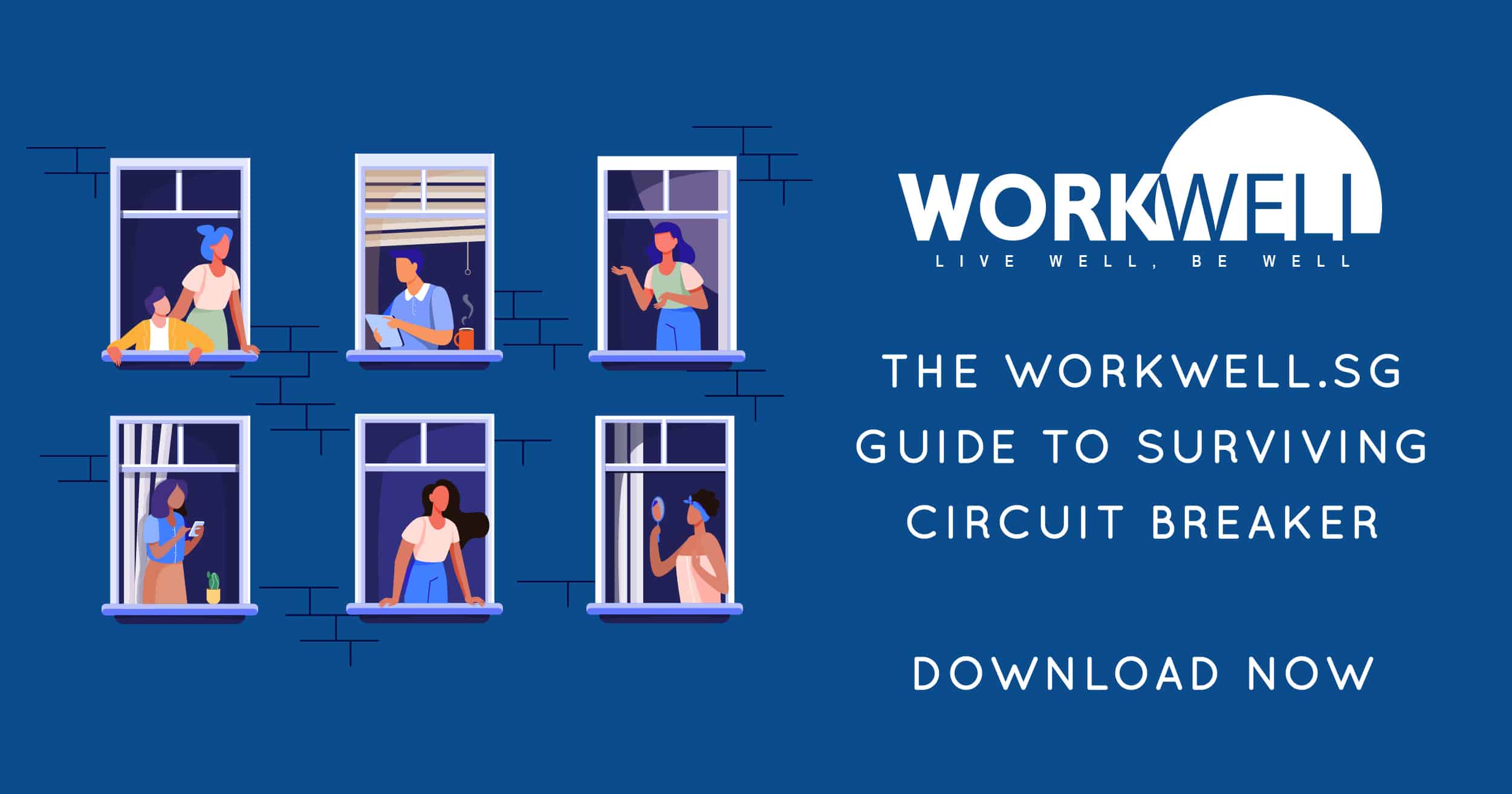Chronic Disease Management

When was the last time you get yourself checked – health-wise?
The common assumption amongst many people is that your body will let you know when you are unwell; as such, a visit to the doctor is not something most people would pencil into their calendars unless in circumstances of need like an ailment.
The importance of regular check-ups is not lost on many of us but what is perplexing, even though we know it is a preventive or early detection measure of merit – most of us don’t practise it! This, among other things, can lead to the onset of chronic diseases.
Misconceptions and whatnots
A healthy lifestyle is not only about exercising and eating right; it encompasses a lot more.
A healthy lifestyle also includes how you conduct yourself, for example, at work. Are you mindful of how you’re sitting at your desk? Are you taking breaks by doing simple desk exercises that benefit your wellbeing? Are you drinking enough water regardless of how busy you are? So many questions that only you can answer.
The importance of health screenings and check-ups
Preventive measures in the form of a health screening and/or check-up are critical to facilitate the administration of intervention programs, particularly in regards to a detected condition. They also provide information on the current state of a person’s wellbeing and if they are certified to be of good health, can suggest further improvements or appropriate measures to upkeep their wellness.
Without these measures, intervention in the event of onset or prevention of diseases is often less or non-effective. Take the example of a heart attack.
A heart-stopping example
The grim fact is a person can have a heart attack without even knowing it. These “silent” heart attacks are sometimes no more than a (slight) physical discomfort often brushed aside by the afflicted person as benign or harmless.
They lack the classic heart attack symptoms like an extreme chest pain that radiates to the back and jaw, shortness of breath, and sweating, to name a few. But what they lack in symptoms, they don’t in repercussions. They often leave scarring and damage to the heart. If left undetected, the consequences are detrimental and can be fatal.
Being selfish is OK
When it comes to your health, it is more than “OK” to put your needs above other commitments. It is imperative that you do so. After all, knowing the true state of your health can help you better manage expectations and if something is wrong; can provide critical information on what can and needs to be done to address the issue before the situation regresses.
Scheduling regular health screenings and/or check-ups for yourself, family or employees is something you should do. As we age, the need is even more pronounced. Pencil an appointment into your calendar pronto!
Chronic Disease Management Program
A healthy workforce is a happy and productive one. An employer who truly cares understands the needs, wellbeing and the value of their employees.
We provide a Chronic Disease Management Program to help manage your employees’ health. This program consists of a Basic Health Screening that evaluates:
- BMI
- Blood Pressure
- Waist circumference
- Lipid profile
- Diabetic profile
The Basic Health Screening check is supplemented with fasting blood sugar and blood cholesterol tests, which are essential in the detection of diseases such as diabetes and coronary heart disease, among others.
The process is simple. It involves and provides:
- Online registration with an SMS reminder sent to your employee a day before the health screening – to remind the employee to fast and to come down for the health screening
- Smart queue system to ensure smooth workflow.
- Online Medical Report
- Phone-in consultation for employees that requires immediate medical attention
- Assist Line for staff nurses to help employees with queries on their health screening results
The Chronic Disease Management Program also includes one follow-up health coaching session. Your employees will receive professional advice on their physical health as well as insurable suitability and qualifications based on their health screening reports.

